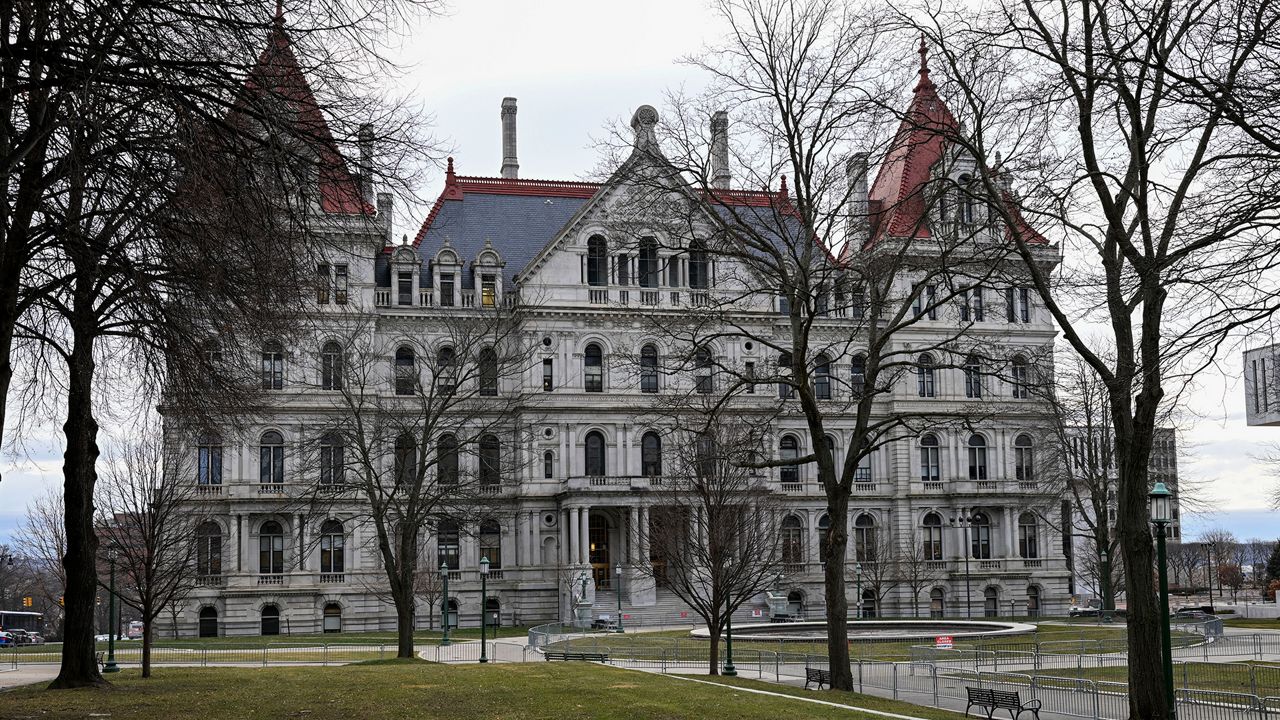With Election Day now behind us, there are a host of outstanding issues facing New York's state government, its economy and its political leadership in Albany.
While most of the races are settled across the state, the new political landscape is different than the one at the start of the year. Here are four burning questions facing New York.
1. Who leads the parties?
Gov. Kathy Hochul's victory on Tuesday night cemented her de facto leadership of the Democratic Party in New York, a structure she inherited following the resignation of former Gov. Andrew Cuomo in 2021.
One of Hochul's earliest decisions was to keep Democratic Chairman Jay Jacobs in charge of the state party. Jacobs is not a favorite of progressives within the party and is an unabashed moderate, having led the Nassau County Democrats on Long Island.
Jacobs was able to secure a victory for the top of the ticket, but down the ballot, Democrats suffered losses that weren't seen in other parts of the country. Hochul has a decision to make: She can keep Jacobs as chairman, who has access to donors and downstate power brokers, or she can find a new chairman.
For the Republicans, Chairman Nick Langworthy is heading to Congress this January, having been elected to a western New York House seat. Langworthy took over the party from Chairman Ed Cox, vowing to boost enrollment and fundraising and win back the governor's office.
Republcians also find themselves at a crossroads after the closest gubernatorial election since 1994 with Rep. Lee Zeldin having led their ticket. Do they double down on a suburban strategy and pick someone from Long Island?
2. How bad can the budget be?
The economy is on shaky footing, and what once were projected budget surpluses could turn into increasingly larger gaps in revenue and spending. The Hochul administration has missed a legally required deadline to release an update on the state's finances showing where things stand ahead of next year's budget talks.
A loss of revenue after a big spending year like this one could result in some tough choices for lawmakers and the governor. Hochul has pointed to the money stuffed into the rainy day fund for the budget, which could offset any potential reductions in spending for key items that impact New Yorkers like schools and health care.
3. How will Hochul act on cryptomining?
Often big decisions can be pushed to after Election Day. And one outstanding issue remains a pending bill to ban so-called proof-of-work cryptomining in New York. The measure is opposed by the emerging crypto industry, but supported by environmental organizations who have argued the process uses far too much water and energy.
In particular, environmental organizations have zeroed in on a facility used to generate digital tokens, a process that requires large server farms and the energy to run them, in the Finger Lakes region of New York. Supporters point to the jobs created by the process, and the potential to do even more for the area.
Hochul, however, is yet to tip her hand as to what she will do with the measure.
4. What will the state Legislature look like?
A handful of the state Legislature's 213 elections remain up in the air. But in the state Senate, Democrats are confident they have secured at least 40 out of 63 seats despite expectations Republicans would perform well in parts of the suburbs and upstate New York.
Progressives will likely be more emboldened by election results this year, and with the Republicans' message of opposing recent criminal justice law changes not carrying the day in the statewide races, these lawmakers could likely push for more changes in Albany, such as the sealing and expunging of criminal records.
Some observers expect there will be even more clashing between moderate Democrats from parts of upstate New York and the suburbs and more urban progressives in Albany -- a dynamic that has already intensified in recent years.
At the moment, there's no obvious answer to any of these questions. But when there are, the answers will show where New York is headed for the next four years.


